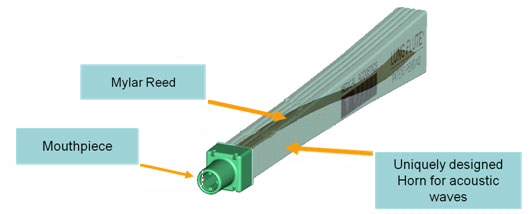COPD is a complex disease that is inter-linked with many other diseases and conditions with their own separate symptoms. In order to treat COPD successfully then a range of therapies and treatments is needed in order to combat the disease from all sides.
Recently scientists have discovered three new treatments for COPD patients. Using innovative approaches to help to improve lung function and curb patients’ symptoms.
THE COIL:
The lungs can become over-inflated due to trapped air and surgeons have developed tiny coils that can be placed into the lungs to shrink them and restore elasticity. It showed an 18% improvement in lung function after implantation.
“When you release them into the lungs, they just coil up and what they do is they draw the hyper-inflated lung close together,” said Professor of Medicine, at The Cleveland Clinic.
Patients still usually require supplemental oxygen however the coils provide much needed relief and the patient can take deeper breaths and not rely on the oxygen as much.
THE FLUTE:

The second new COPD treatment is the Lung Flute, a medical device that improves lung congestion and clears mucus build-up if used twice a day, leading to higher quality of life among patients.
The Lung Flute technology produces low-frequency acoustic waves when the COPD patient blows into it. The acoustic waves are designed to reverberate into the lower airways to loosen secretions that are lodged deep in the lungs. The Lung Flute has been tested in clinical trials and is approved by FDA as a safe and effective form of treatment for COPD.
NEW DRUG:
There is also a new drug called azithromycin which is an antibiotic that has been found to considerably reduce the frequency and severity of flare-ups in COPD patients, if taken long-term, by 20%. The same approach of taking similar drugs long-term has also worked for other lung conditions such as cystic fibrosis. Rather than taking anti-inflammatories or antibiotics reactively after a bad spell, instead doctors use the drugs as preventative treatments and by taking them long-term they build-up and it helps to ease and reduce symptoms.
Depending upon your condition, its status and other medical conditions will mean that each COPD patients has a different set of symptoms and degree of severity and therefore by prioritising the worst symptoms and treating them with different approaches could greatly reduce many different symptoms and greatly improve their condition and quality of life. Ask your GP about different possible treatments and therapies and you may be able to get these products in the private market as they are more and more widely becoming available globally.
References: http://lungdiseasenews.com




